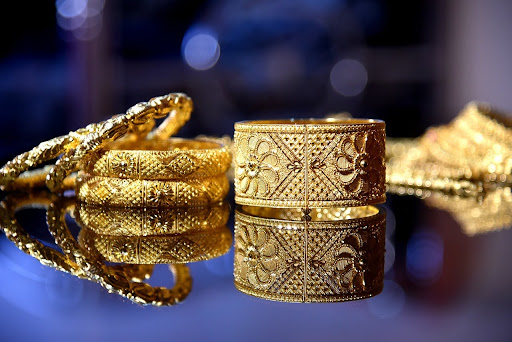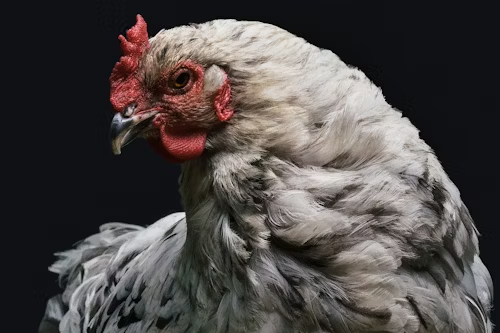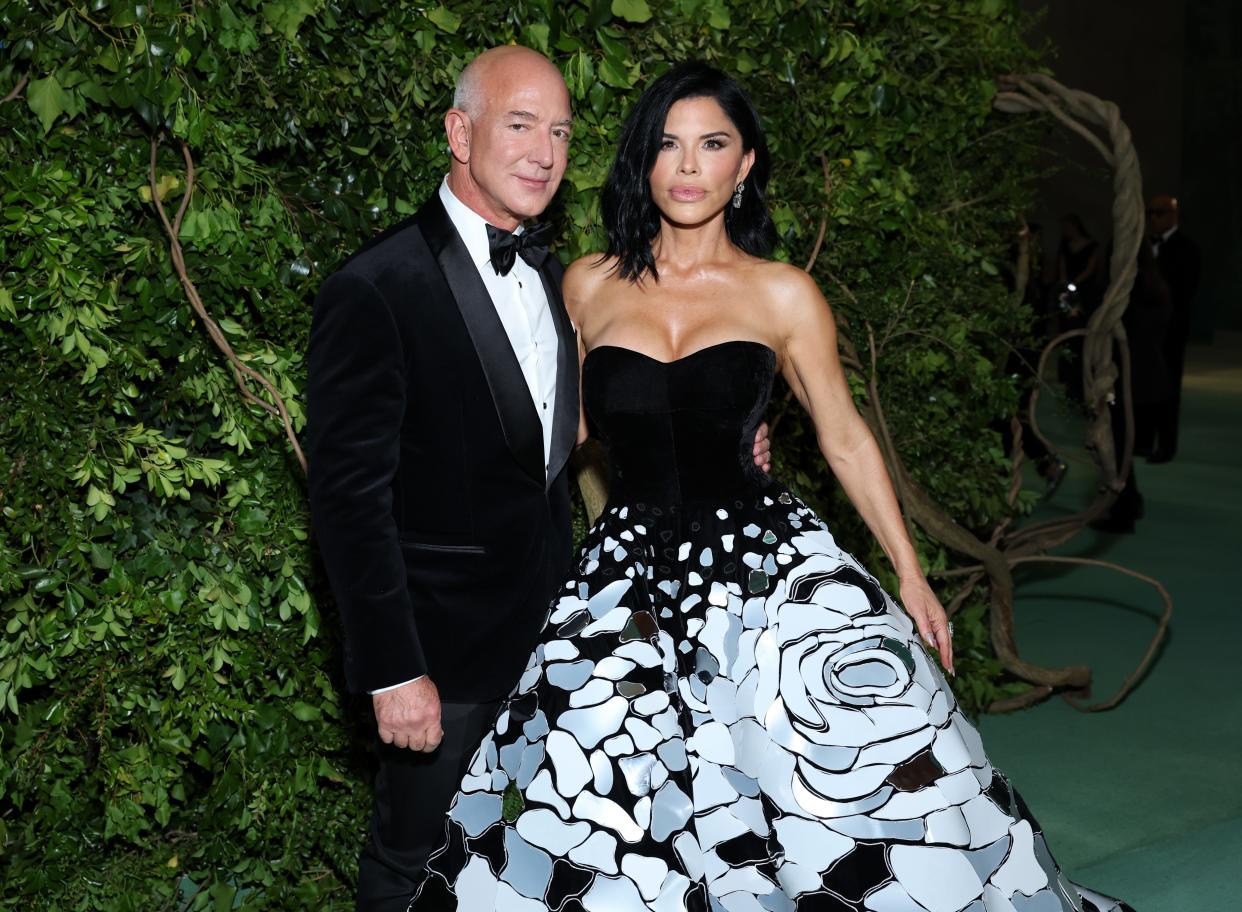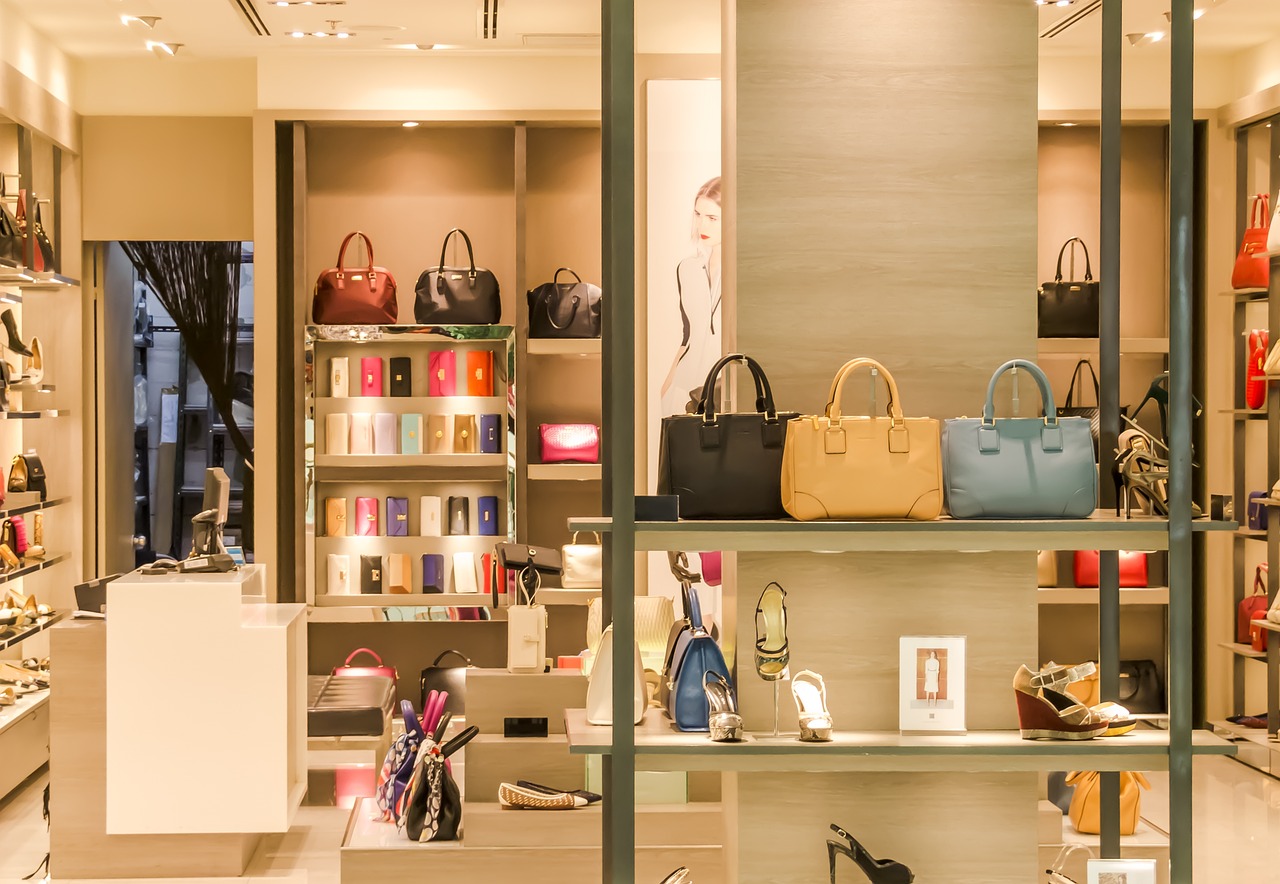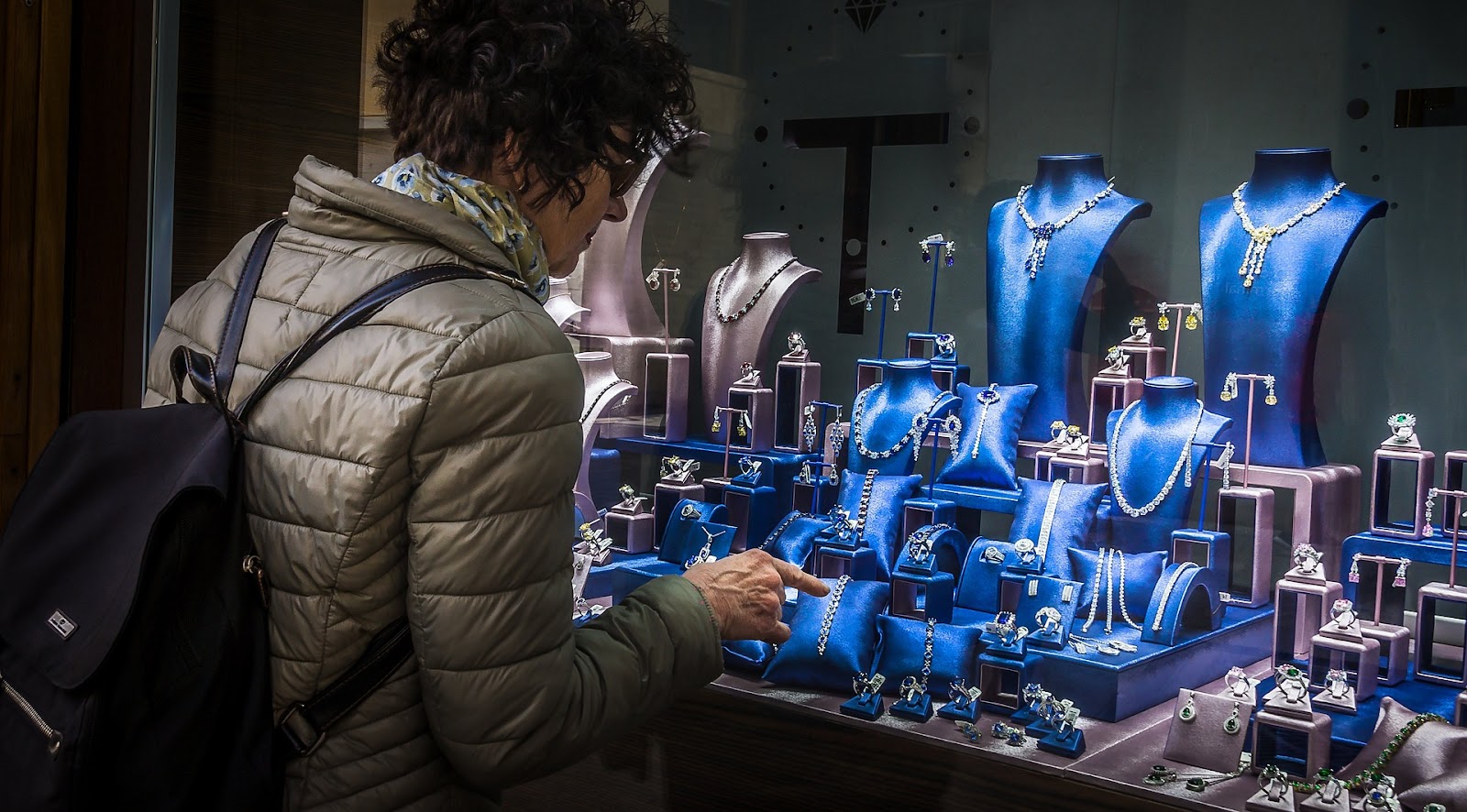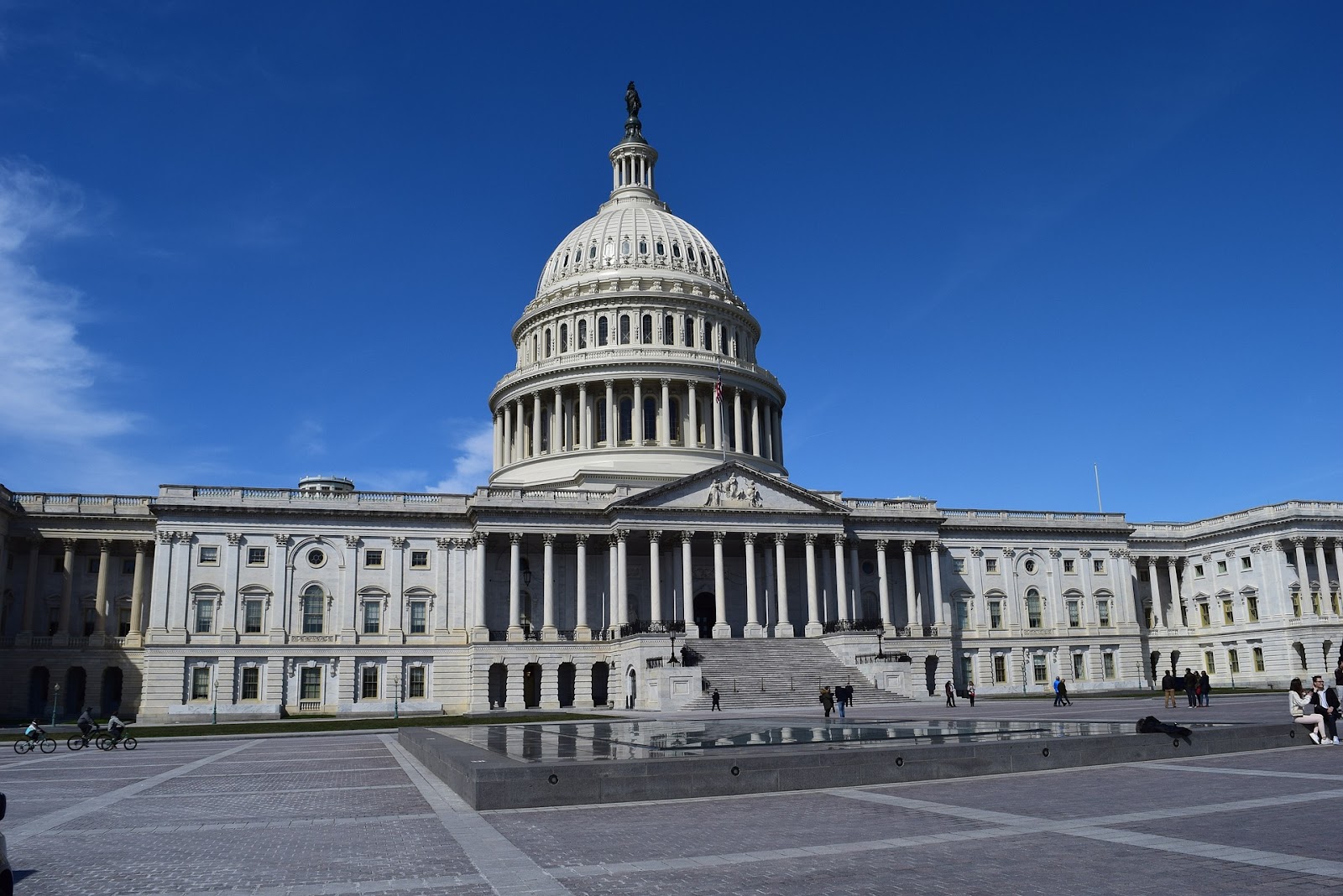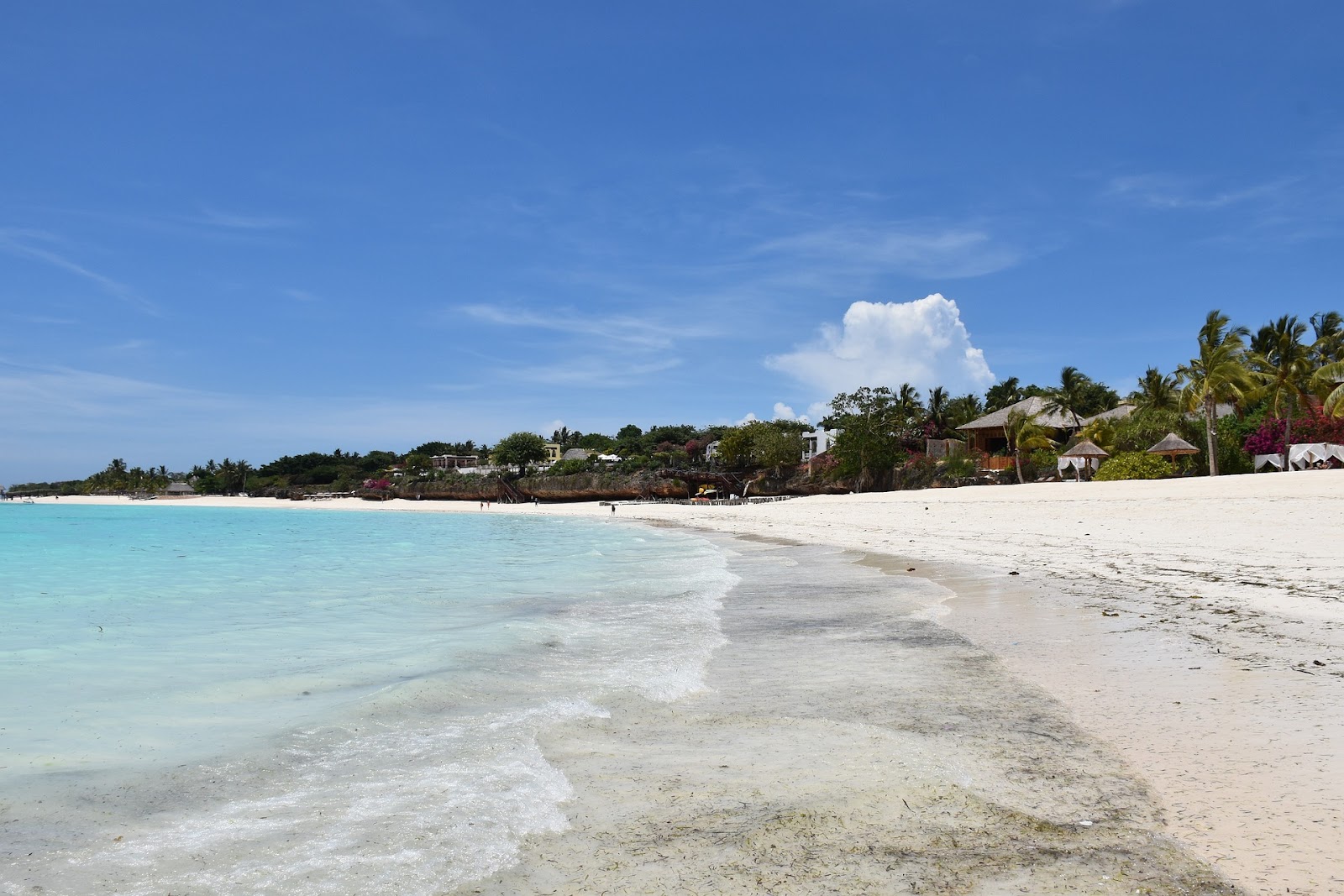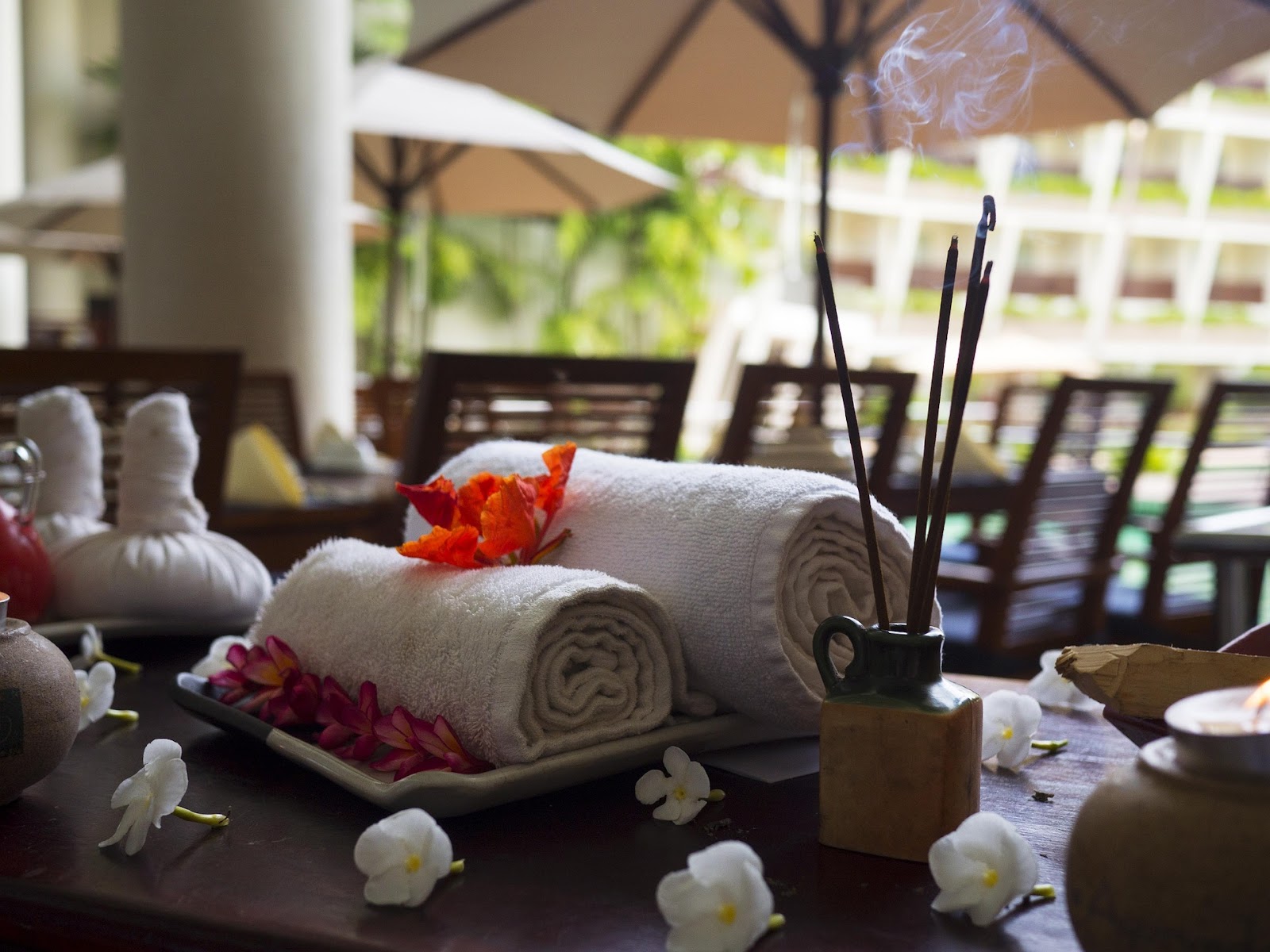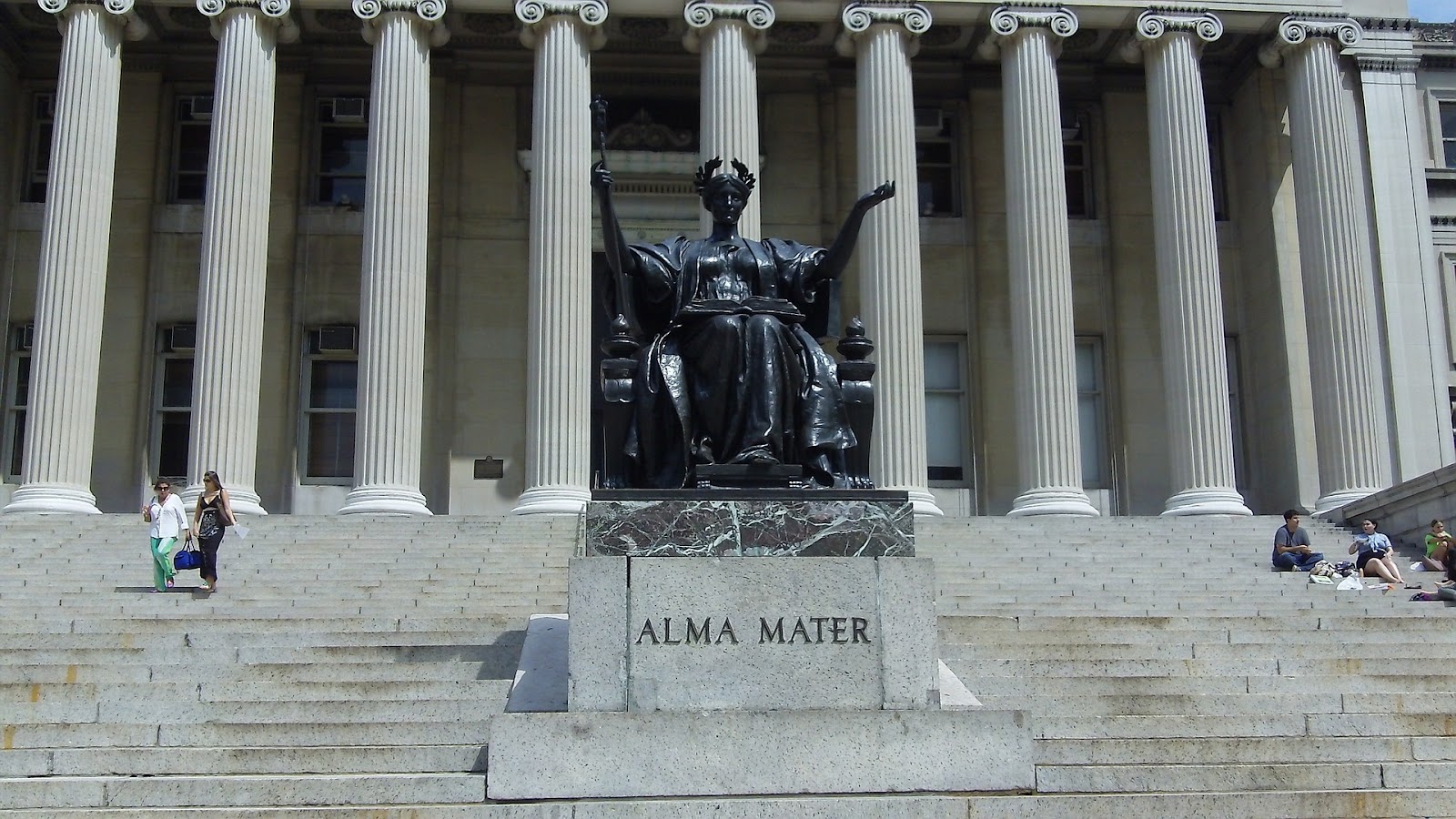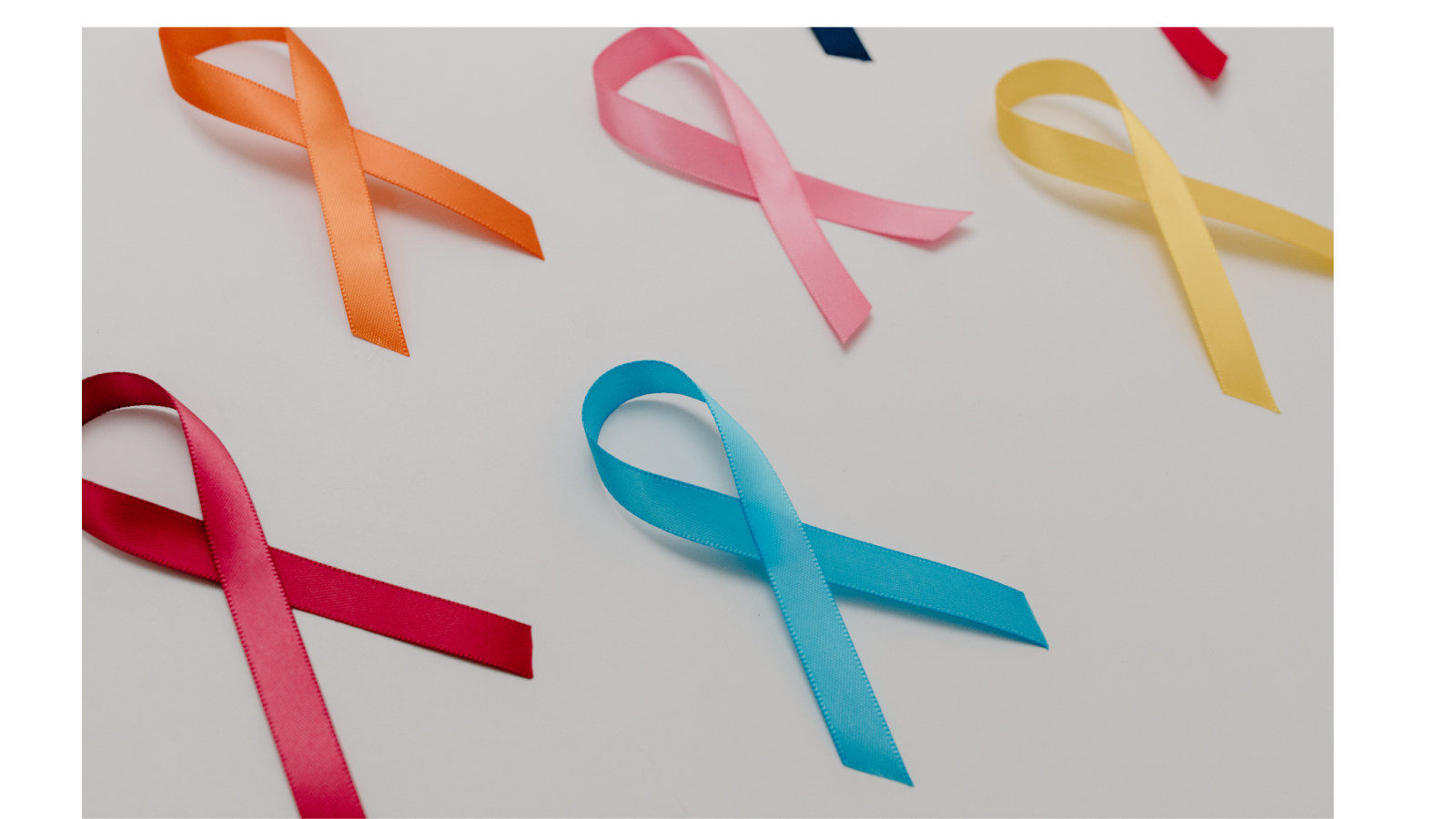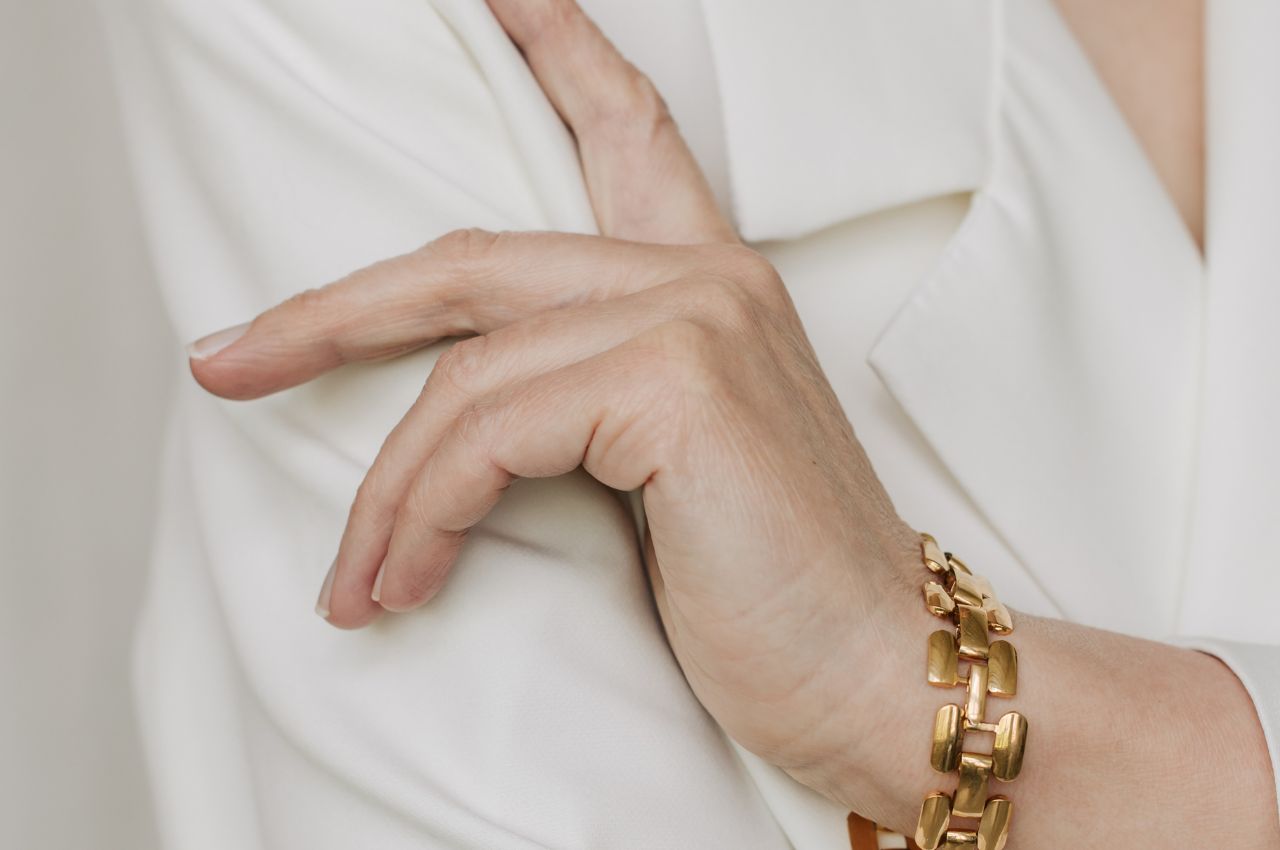Nancy Teresa Gonzalez de Barberi, the visionary behind luxurious handbag employer Gzuniga Ltd., has found herself entangled in a criminal saga that landed her an 18-month jail sentence. She was sentenced after federal prosecutors accused her of orchestrating the illegal importation of handbags crafted from caiman and python skin, both blanketed species, into New York.
The charges against Gonzalez stem from her alleged involvement in a conspiracy to smuggle these prohibited items into the United States between February 2016 and April 2019. Following an indictment in April 2022, Gonzalez and her company pleaded guilty to the federal charges in November 2023.
According to the Department of Justice, Gonzalez’s actions violated the Convention on International Trade in Endangered Species of Wild Fauna and Flora, an international agreement aimed at safeguarding wildlife, which both the United States and Colombia are signatories to. The trade of caiman and python skin, while not entirely banned under the Endangered Species Act, requires permits issued by the host country and approval from U.S. authorities upon importation.
Prosecutors alleged that Gonzalez, along with her company and co-conspirators Mauricio Giraldo and John Camilo Aguilar Jaramillo, employed various tactics to smuggle hundreds of designer handbags into the U.S. These tactics included enlisting friends, relatives, and even employees to wear the handbags or conceal them in their luggage while traveling on passenger airlines. Once in the U.S., the handbags were delivered or shipped to the Gzuniga showroom in New York for display or sale.
All three individuals involved in the conspiracy, Gonzalez, Giraldo, and Aguilar Jaramillo, are Colombian citizens who were extradited to the U.S. to face charges. Gonzalez was sentenced to prison time, three years of supervised release, and ordered to pay a special assessment. Additionally, her company was required to forfeit all handbags, banned from wildlife trade activities for three years, and placed on three years of probation.
Giraldo, who was sentenced to time served and a year of supervised release, has yet to provide a comment through his attorneys. Meanwhile, Aguilar Jaramillo’s sentencing is scheduled for June 27.
In response to the sentencing, Gonzalez’s attorney, Sam Rabin, asserted that his client was unfairly targeted. He argued that Gonzalez was the victim of selective prosecution, emphasizing that while other designers often rush samples to fashion shows without proper paperwork, Gonzalez alone faced legal consequences. Rabin highlighted Gonzalez’s employment of hundreds of minority women in Colombia who helped produce the handbags she designed.
Despite the conviction, Rabin stated that Gonzalez would not appeal her sentence and aims to move forward from this chapter in her life. The investigation and prosecution of this case involved collaboration between various agencies, including the U.S. Fish and Wildlife Service and the U.S. Attorney’s Office of the Southern District of Florida, highlighting the importance of international cooperation in combating wildlife trafficking.
This case serves as a reminder of the legal and ethical responsibilities that accompany international trade, particularly concerning the protection of endangered species. It underscores the necessity for businesses to adhere to regulations and obtain proper permits when dealing with wildlife-derived products. Additionally, it sheds light on the complexities of prosecuting wildlife trafficking cases and the challenges of enforcing laws across borders.
Moving forward, governments, law enforcement agencies, and businesses need to work together to address wildlife trafficking effectively. This includes implementing stricter regulations, enhancing enforcement efforts, and raising awareness about the consequences of illegal wildlife trade. Doing so will ensure the protection of vulnerable species and preserve biodiversity for future generations.
















































































